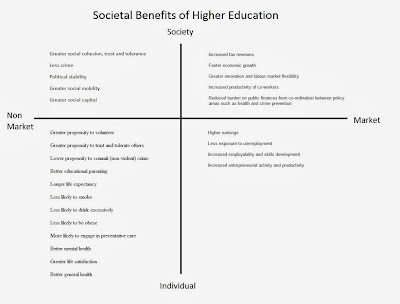When people talk of vintage wines they don’t often
discuss vintage wine in the range of 3,700 years old. Of course the really good
stuff is not available for everyone. Within an archeological dig of a Canaanite
palace in Israel the expensive wine was kept separate from that discounted
stuff for others. The ceramic jars appear to be left for special occasions.
They did not find any wine review lists to go with them so researchers will
need to investigate how sophisticated the wine making process was.
What they did find was that it was likely mixed up
with honey, mint, cedar, juniper berries and cinnamon bark. They also found
psychotropic properties within the wine. The psychotropic properties made the drinkers hallucinate.
It was often used for parties and religious purposes to gain visionary
abilities.
The 40 jars
would hold about 13 gallons a piece and seemed to be in smaller quantities than
that found else ware. No other details
have been presented on the wine making process other than it is possible this
was the start of a sophisticated operation that spread to other Middle East
countries.
The excavation was run by Dr. Eric Cline a chair at
the Department of Classical and Near Eastern Languages and Civiliations at
George Washing University, Assaf Yasure-Landau, chair of the Department of
Maritime Civilizaiton at the University of Haifa, and Andrew Koh, an assistant
professor of classical studies at Brandeis University. Each brought a unique
skill to the dig site and used their expertise to understand what they were
discovering.
The city is called Tel Kabri which is an ancient
city that dates back to 1,500 BC in the Canaanite areas. Most of the Canaanite
people live in Israel, Lebanon, Jordan, Syria and Palestine. They have existed in the region from the Stone
Age to the Bronze Age and were seen as merchants. It is possible that ancient
Egyptians got their wine from them. They were loosely affiliated in walled
cities but climate changes and incursion seems to have caused their fall.
Other Reading:
Fox News
Science Daily
WSJ
Other Reading:
Fox News
Science Daily
WSJ

